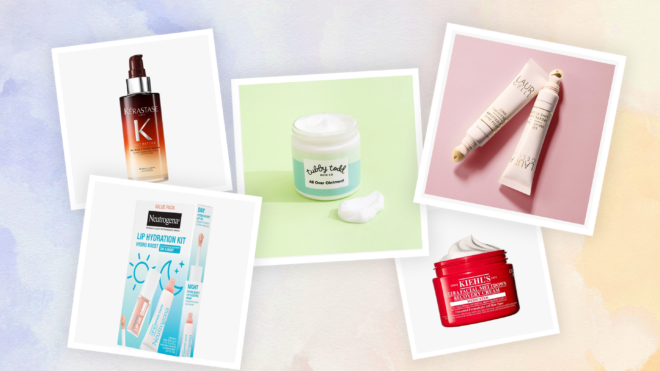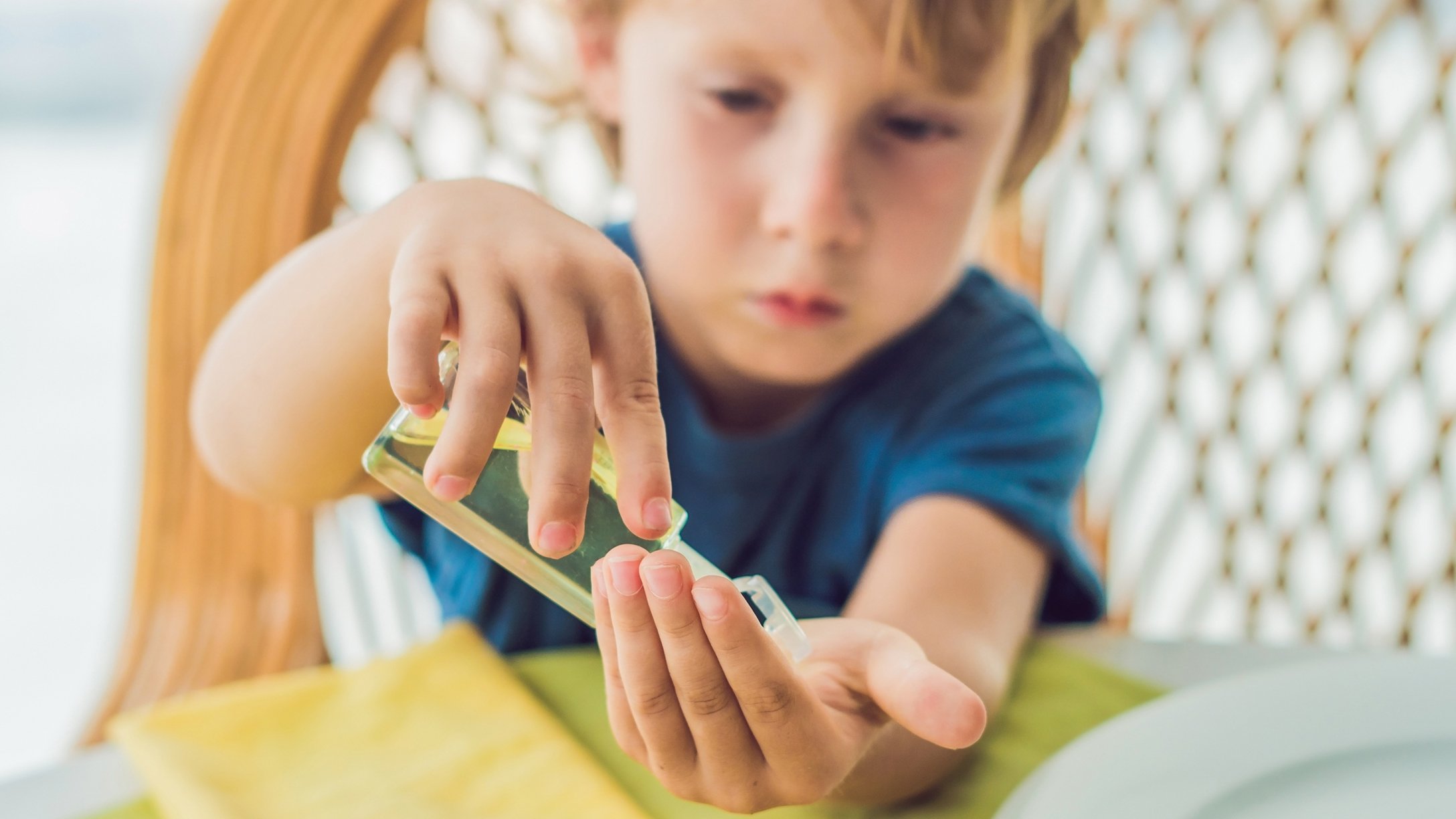
In this article
Coronavirus prevention is on everybody’s mind and we are all stocking up on hand sanitizers, household cleaners, and disinfectants to fight the germs. To fully understand if you’re protecting your family as best you can, it’s important to understand the difference between hand cleaner and hand sanitizer, and what both do. There’s no question that good hygiene and household habits will help in preventing the spread of the coronavirus.
What's the difference between hand cleaner and sanitizer?
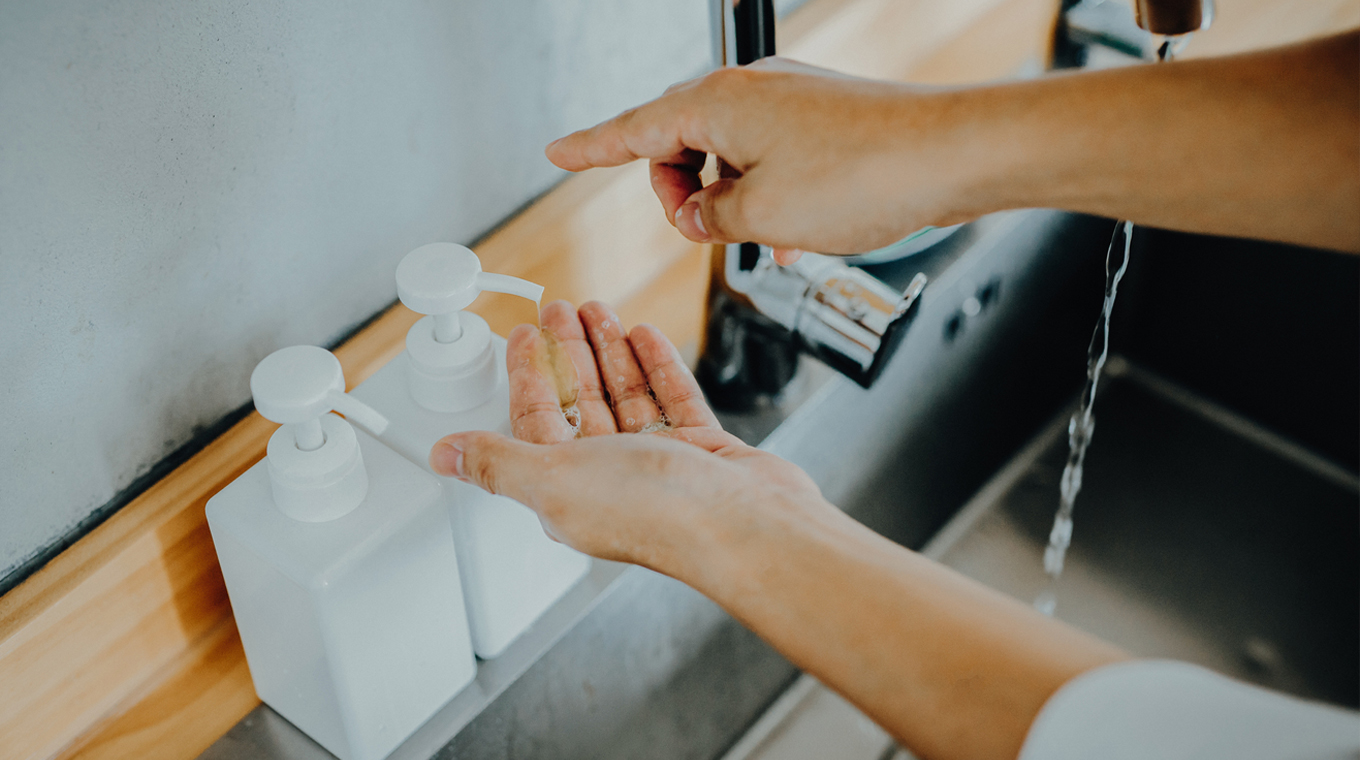
You might not think there’s much of a difference between hand cleaner and hand sanitizer but there is. The clear distinction is how sanitizer gets rid of germs, while hand cleaner gets rid of dirt, grease, and grime. So, while cleaning removes dirt and potentially some of the germs that can lead to getting sick, sanitizing kills some (if not most) germs. Ultimately, cleaning still leaves you at risk, especially if you touch your face with germs still on your hands.
Keeping your home clean will help in the fight against the coronavirus. This goes beyond using hand sanitizers and hand washing. You should first clean surfaces to remove any dirt or grime that may be sitting on the surface, and then use a disinfectant to kill any remaining germs. Products that contain alcohol, bleach, chlorine, and ammonia are effective for disinfecting surfaces such as doorknobs, doors, tables, cellphones, and laptops.
Safety note: Never mix ammonia with any other household cleaner. A very dangerous chemical reaction can lead to dangerous chlorine poisoning.
Can it help prevent or even get rid of the coronavirus?
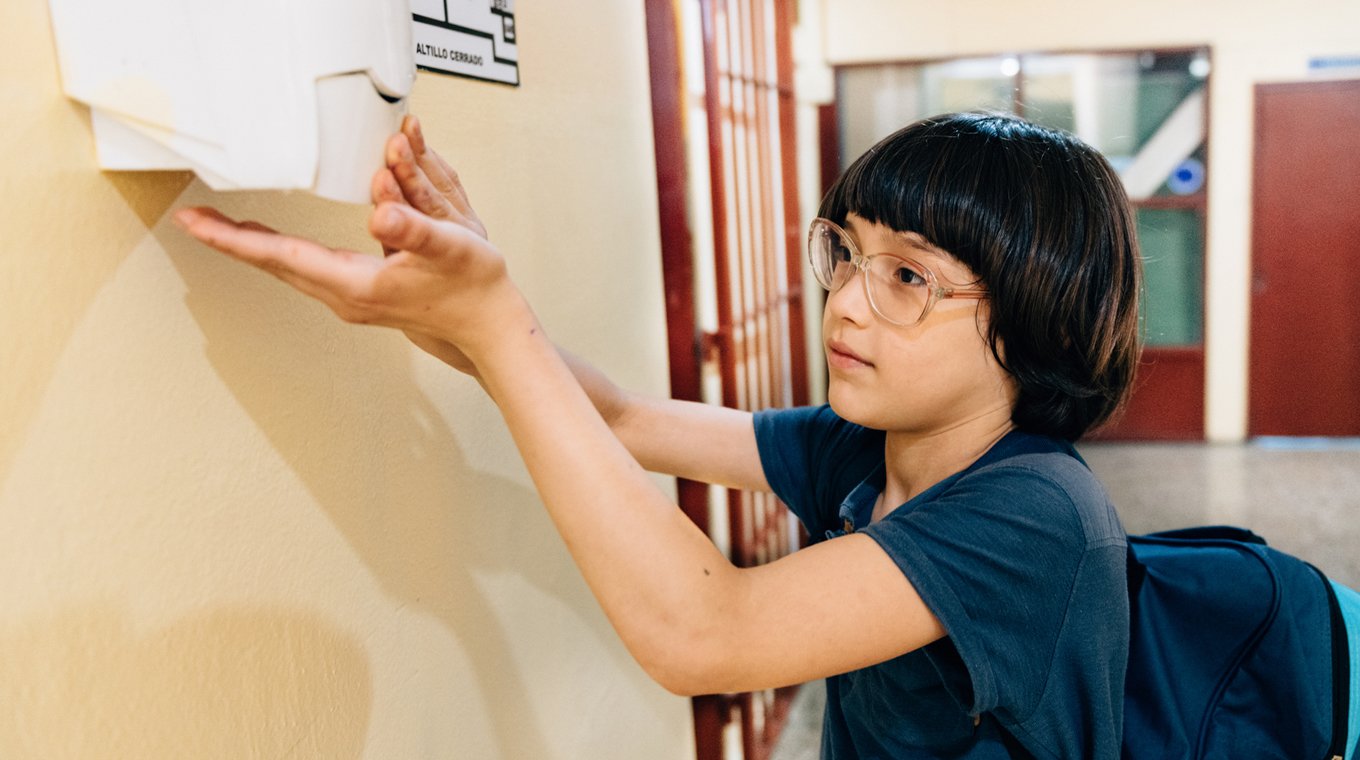
The Centers for Disease Control and Prevention (CDC) recommends washing your hands to have the best defense against all germs, including the coronavirus. When washing your hands is not an option, the CDC recommends using a hand sanitizer that contains at least a 60% alcohol content. Some hand sanitizers contain up to 90% alcohol content.
But some are skeptical of the effectiveness in using only hand sanitizer in coronavirus prevention. “I don’t trust hand sanitizer to kill the coronavirus because those are antibacterial and the virus is not a bacteria,” mom of four Virginia Duan told Mom.com. “I suppose it’s better than nothing though.”
The benefit of hand sanitizer might not be in its antibacterial quality when it comes to fighting the coronavirus, but instead in how it attacks the virus envelope. “Alcohol in hand sanitizers alters the structure of proteins. They destroy the cell wall and membranes of bacteria cells, and the envelope of viruses (including coronavirus),” according to CompoundChem.com.
When to use hand sanitizer
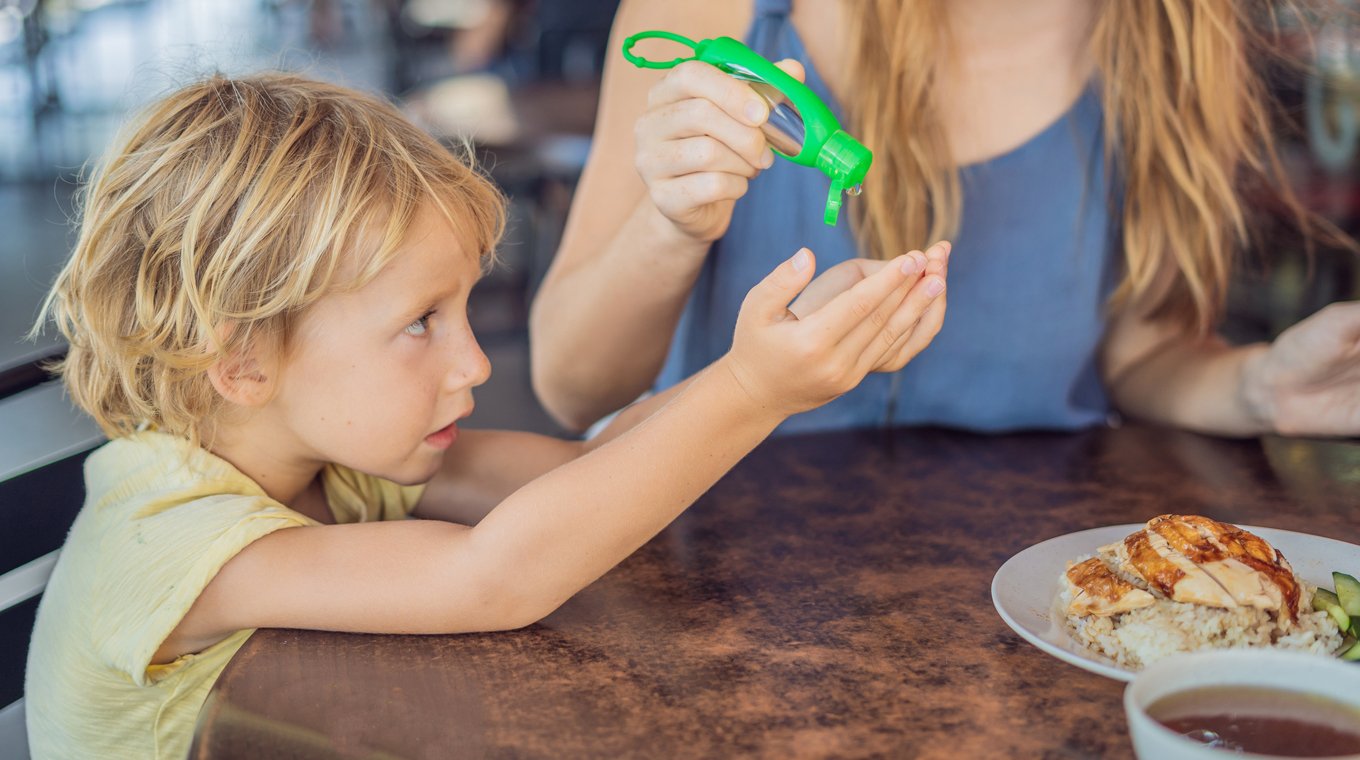
It’s important to wash your hands frequently and, when that is not possible, to use hand sanitizer after coming in contact with potentially contaminated surfaces. It’s a good habit to teach children to not touch their face or put their fingers in their mouth. Not only does this help prevent the spread of germs, but it also can prevent alcohol poisoning when using hand sanitizers, if they inadvertently consume too much.
According to Mariea Snell, assistant director of the Online Doctor of Nursing Practice program at Maryville University, “It is just like other colds and flu. We need to wash out hands often and avoid putting our hands in our mouths or on our face.”
In addition to being extra vigilant about cleaning your hands after being in public places during the coronavirus outbreak, the CDC gives these guidelines for when you should clean your hands:
- Before, during, and after preparing food
- Before eating food
- Before and after caring for someone at home who is sick with vomiting or diarrhea
- Before and after treating a cut or wound
- After using the toilet
- After changing diapers or cleaning up a child who has used the toilet
- After blowing your nose, coughing, or sneezing
- After touching an animal, animal feed, or animal waste
- After handling pet food or pet treats
- After touching garbage
How to make your own hand cleaner or sanitizer
As you scan the shopping aisle shelves for hand sanitizer, realizing there is none left, you may decide to make your own. If you decide to DIY hand sanitizer, make sure that you follow the recipe precisely — otherwise you could risk it not being effective or being too harsh.
Currently, the internet has a lot of recipes for DIY hand sanitizer, including a very popular method using vodka. The problem with some of these DIY recipes, especially the vodka method, is the alcohol content is not enough. Whereas the CDC recommends at least a 60% alcohol content to fight the coronavirus, most vodka only contains 40% alcohol. So, save the vodka for a quick swig — if it doesn’t fight the virus, at least it might distract you momentarily from the situation.




